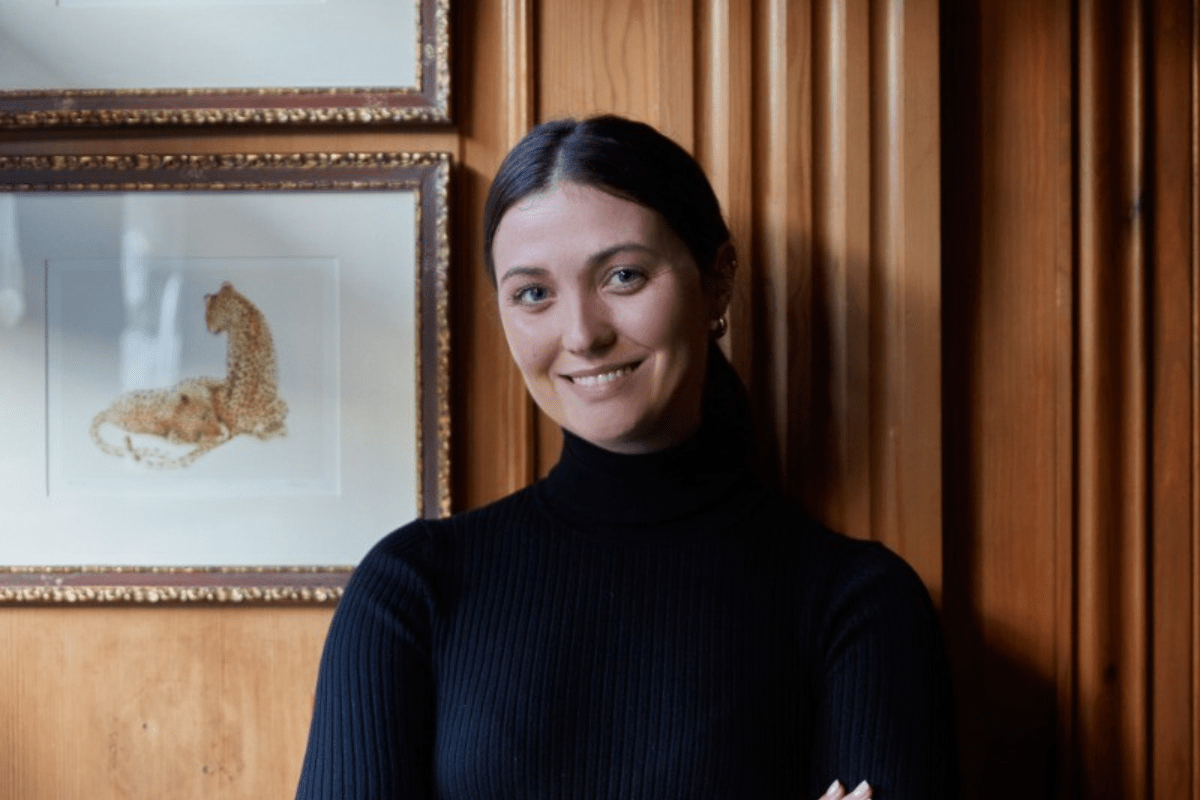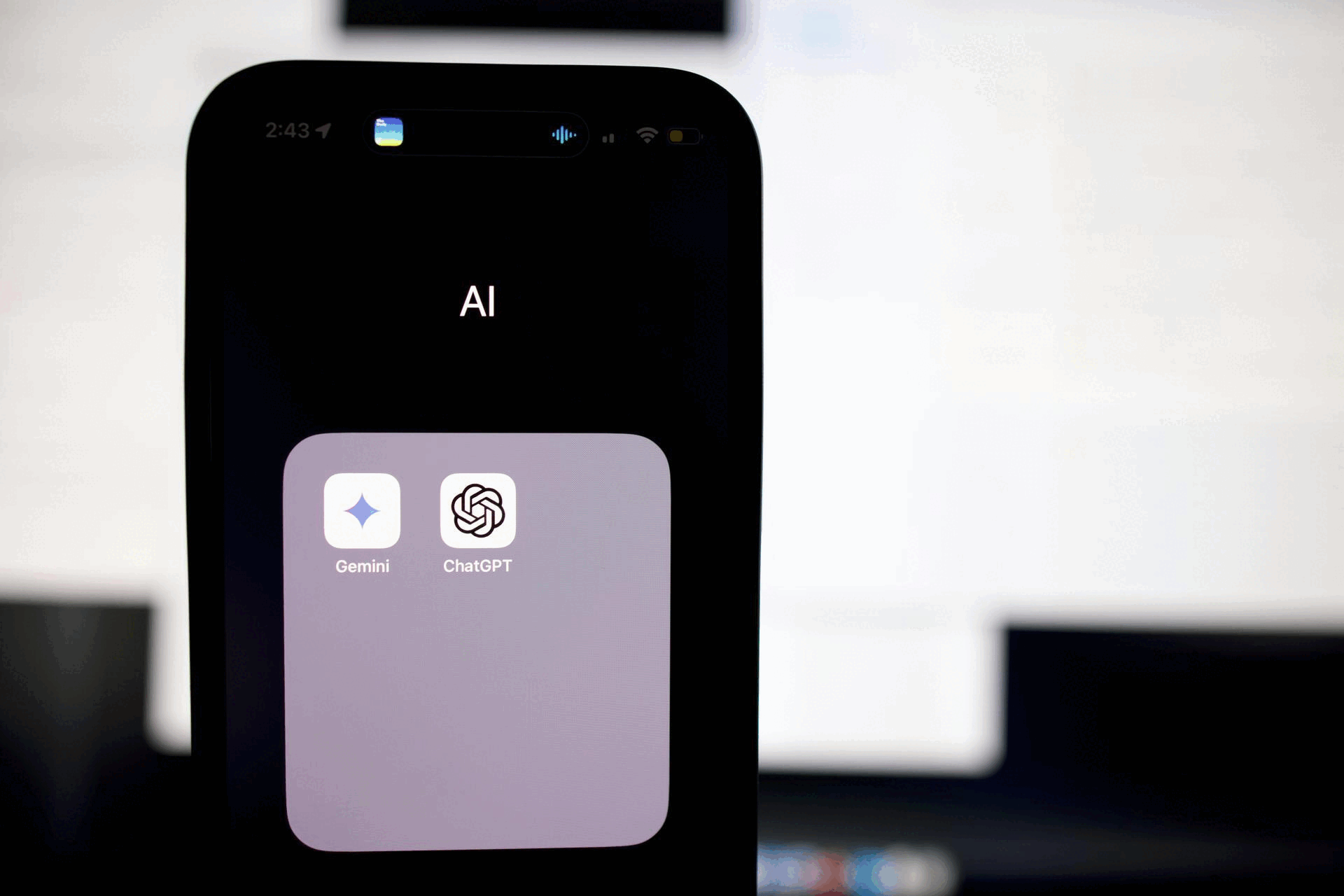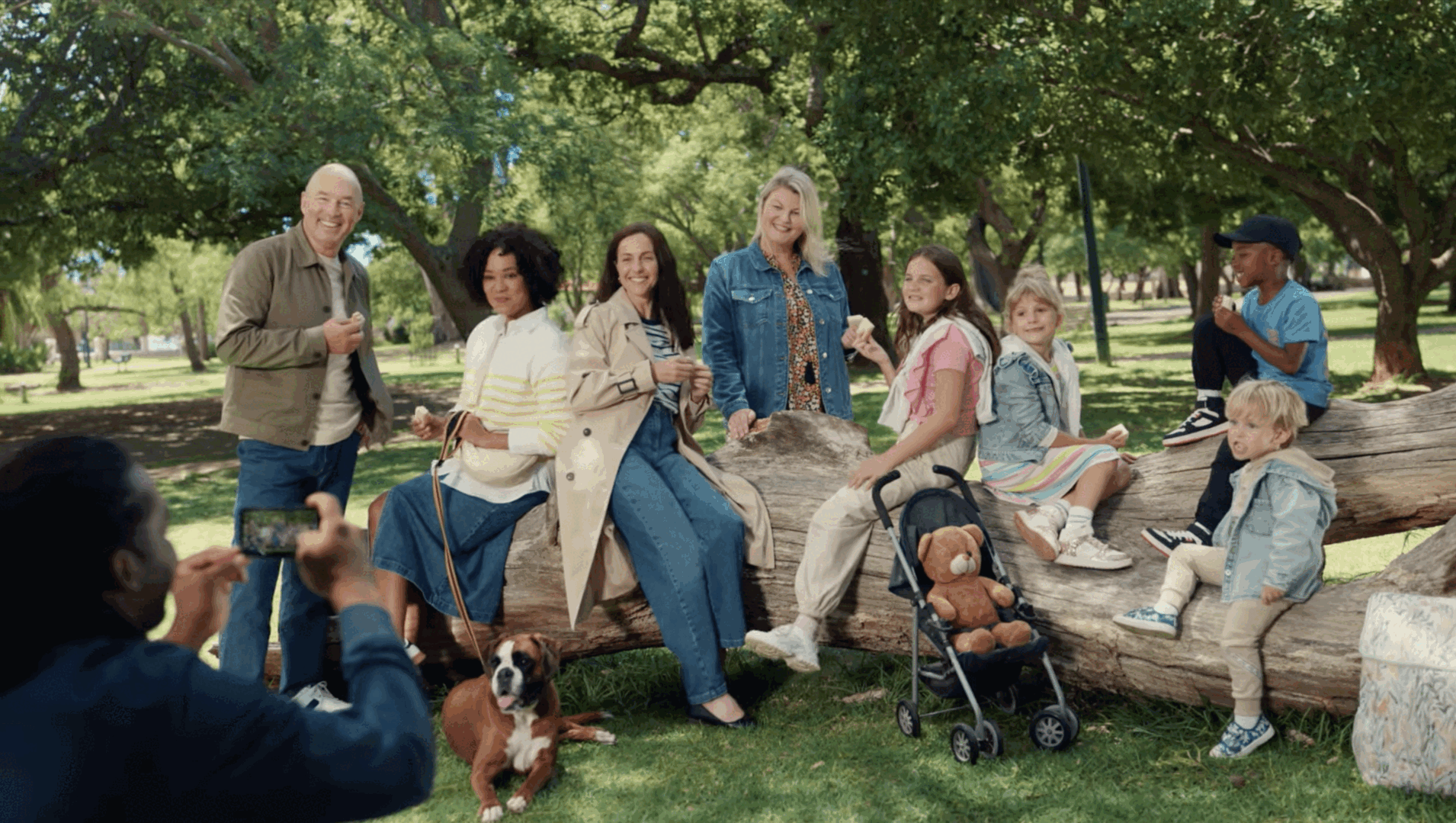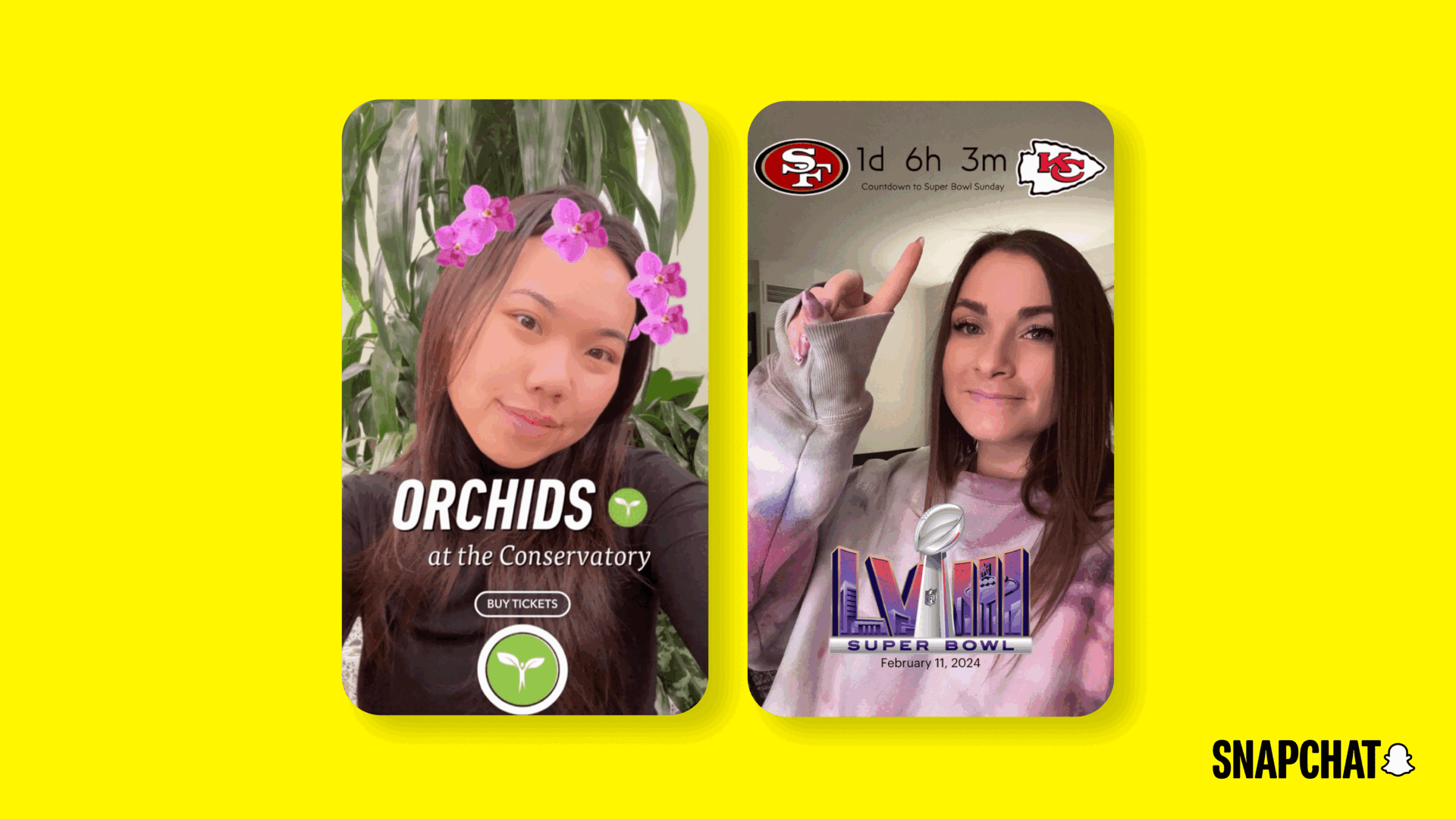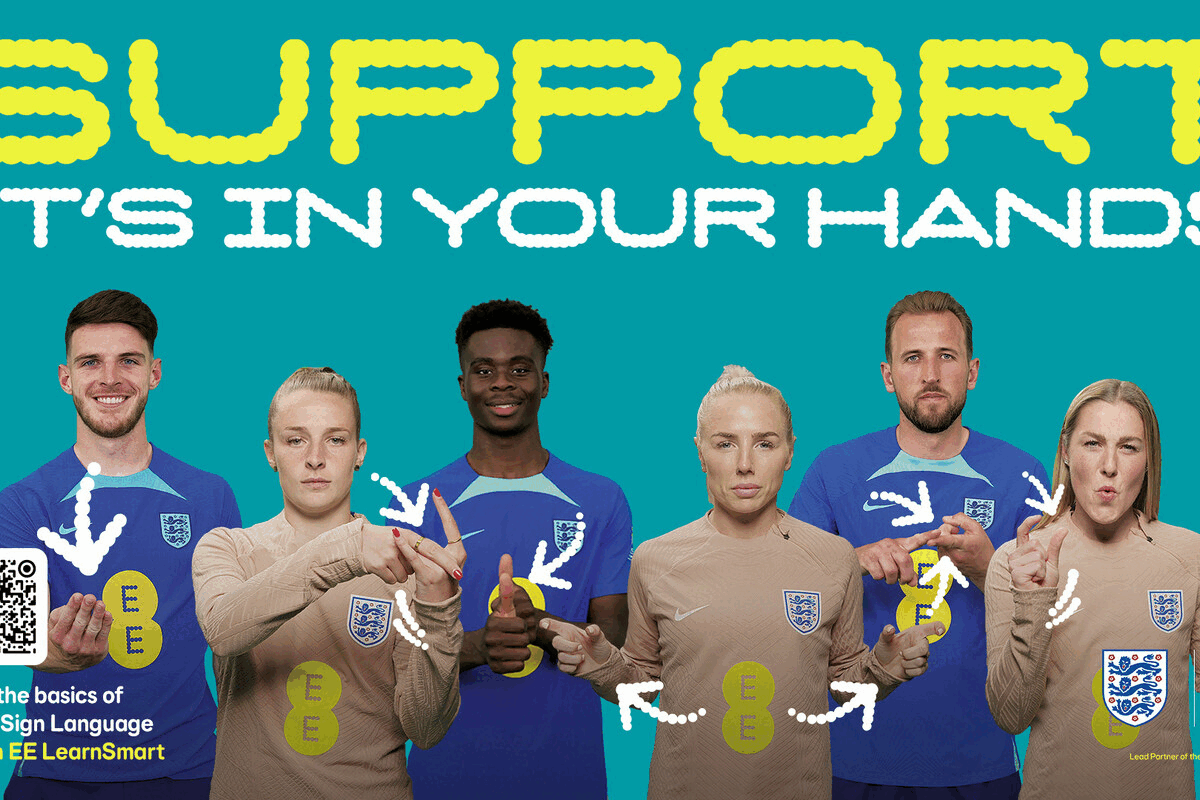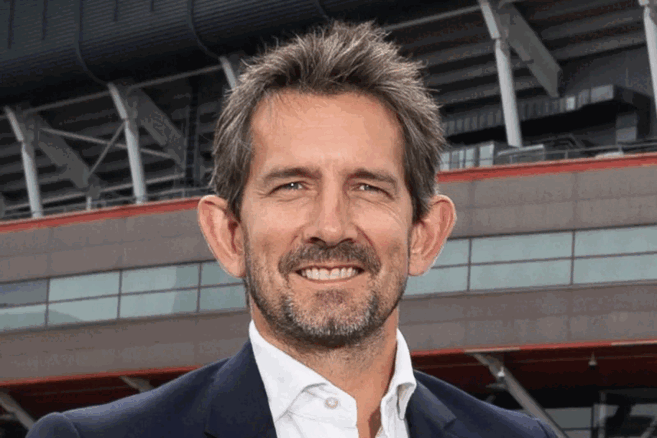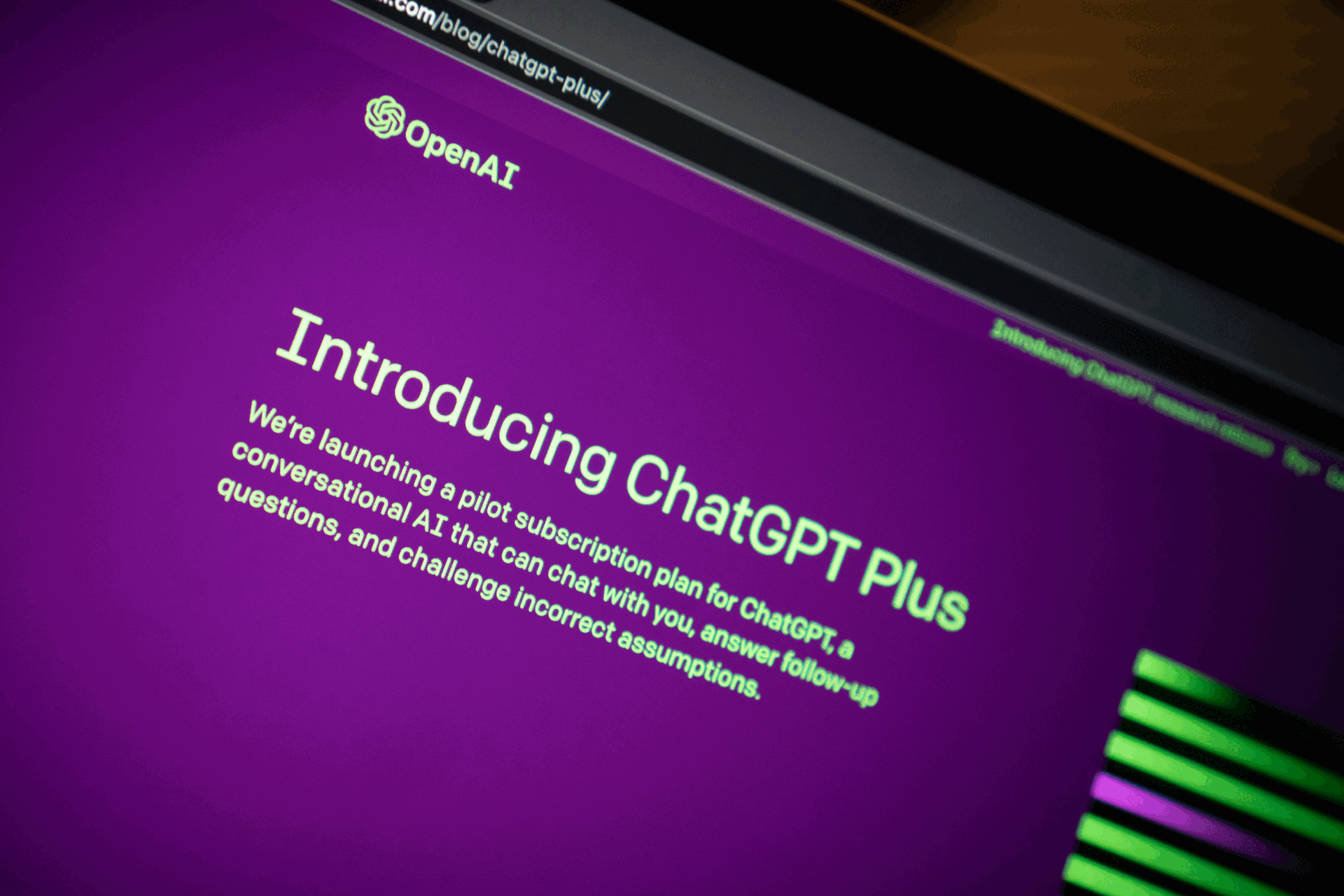UN and Vodafone Bring Educational Tablets to Refugee Camps
- Sunday, October 5th, 2014
- Share this article:
 The United Nations Refugee Agency (UNHCR) has partnered with the Vodafone Foundation, the companys philanthropic arm, to bring mobile-based education to pupils in the Dadaab refugee settlement.
The United Nations Refugee Agency (UNHCR) has partnered with the Vodafone Foundation, the companys philanthropic arm, to bring mobile-based education to pupils in the Dadaab refugee settlement.
The camp, situated in the North Eastern Province of Kenya, is one of the largest refugee camps in the world, providing a home to 350,000 people fleeing violence and food insecurity in the Horn of Africa.
The partnership will provide learning programs for 18,000 young refugees between the ages of seven and 20. Many of the children arriving at the camp have no prior education, with UNHCR research showing that of the 279,000 children living in Dadaab, only 41 per cent are enrolled in primary schools, and only 8.5 per cent in secondary education.
The partnership will open six primary schools and three secondary Instant Network Schools, as well as four vocational skills centres aimed at teenagers and young adults. Safaricom, Vodafones Kenyan affiliate, is providing connectivity across the 13 solar-powered schools, while telecom equipment company Huawei is donating 253 tablets to the program.
378 teachers at Dadaab will be trained in a range of tablet-based education programs, providing pupils with information and training, as well as a link to life outside the refugee camps.
“There were 16.7m refugees worldwide at the end of 2013 and 50 per cent of them are under the age of 18,” said Andrew Dunnett, director of the Vodafone Foundation. “Tablet-based learning programs will provide many of the children in Dadaab with an unlimited information resource that they would otherwise not have had. This is another example of how Vodafones technology can significantly improve peoples lives – in this case providing access to life-changing skills.”







